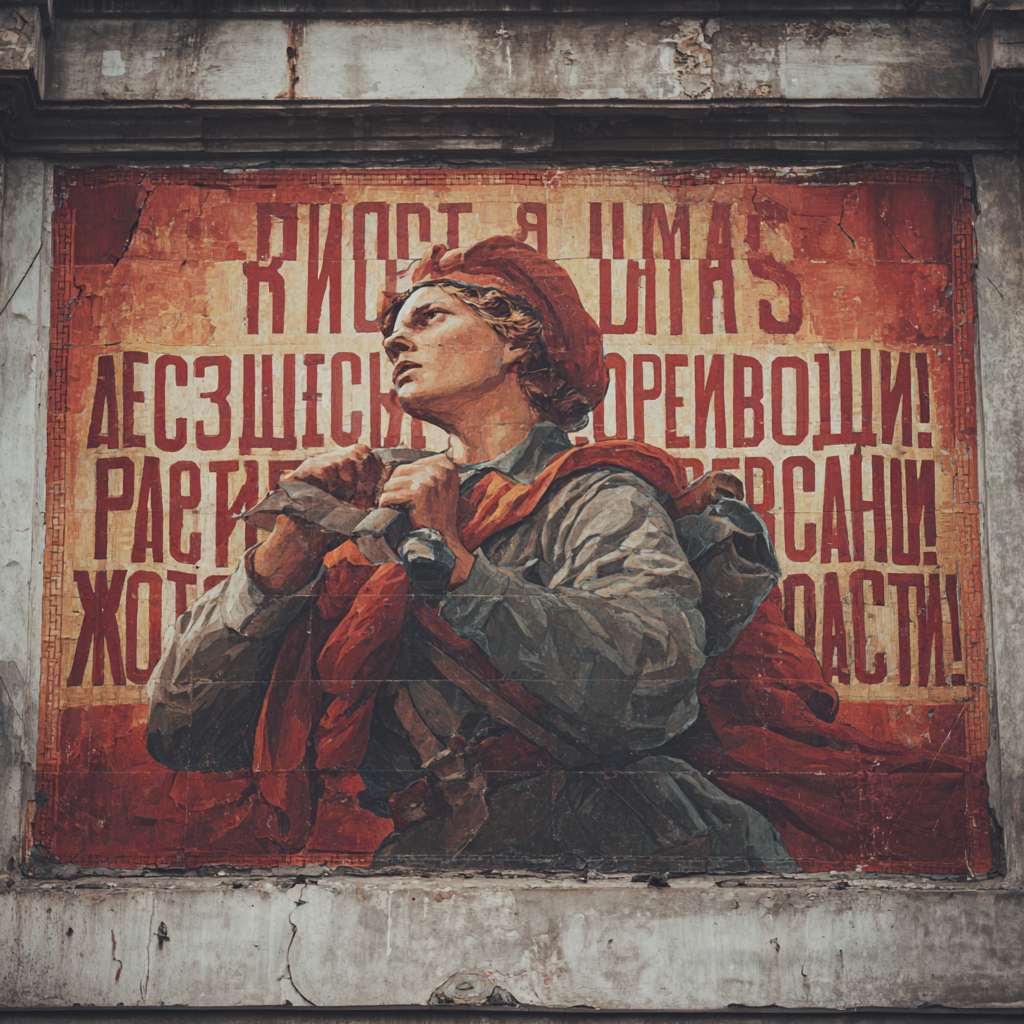Rather than allow democratic reforms, elites may respond by embracing nationalist rhetoric, surveillance regimes, and militarized policing. This convergence of state and corporate power—what Mussolini referred to as corporatism—is widely regarded as the economic backbone of fascism.
Subscribe to continue →When Revolutions Freeze and Markets Burn: The authoritarian turn of hierarchy

